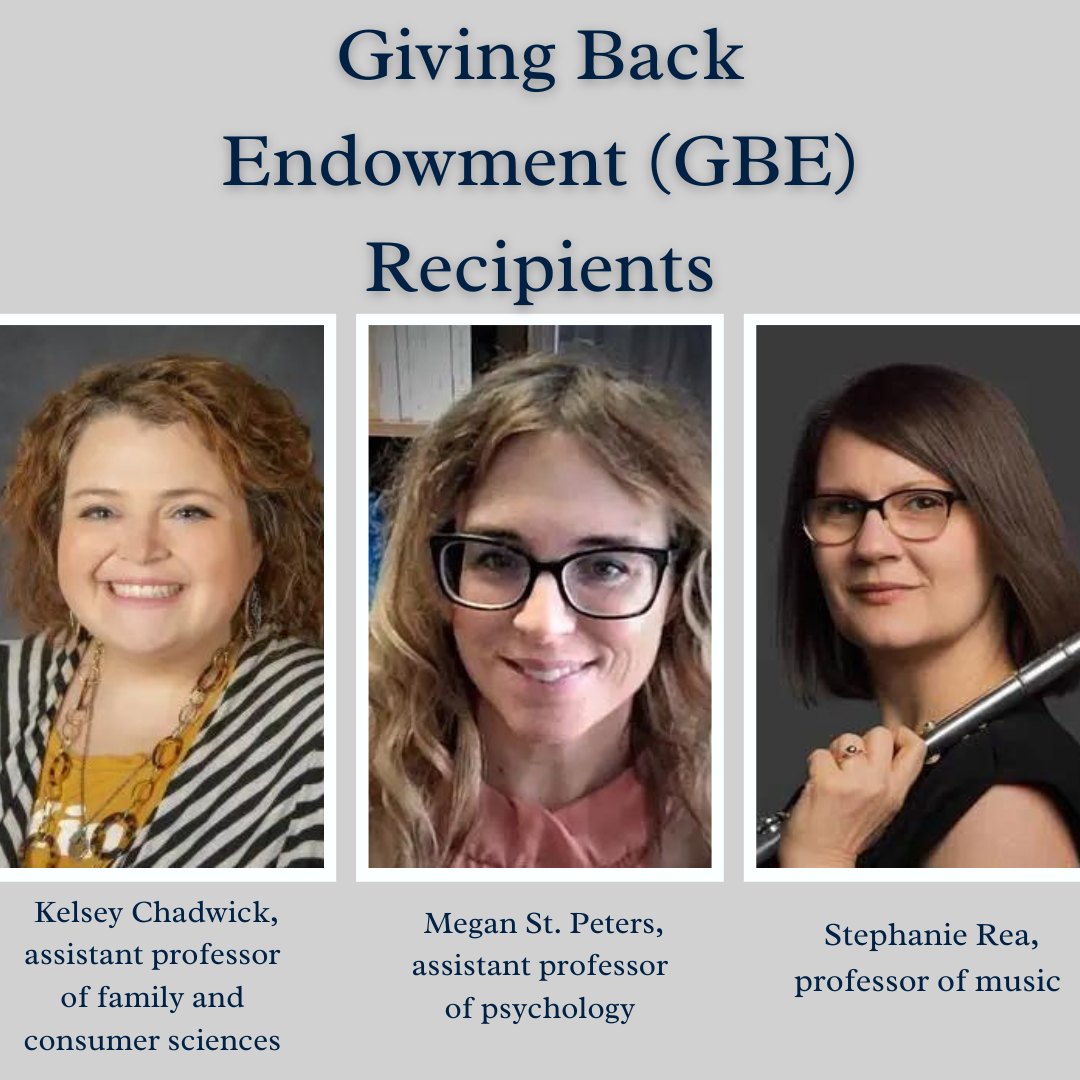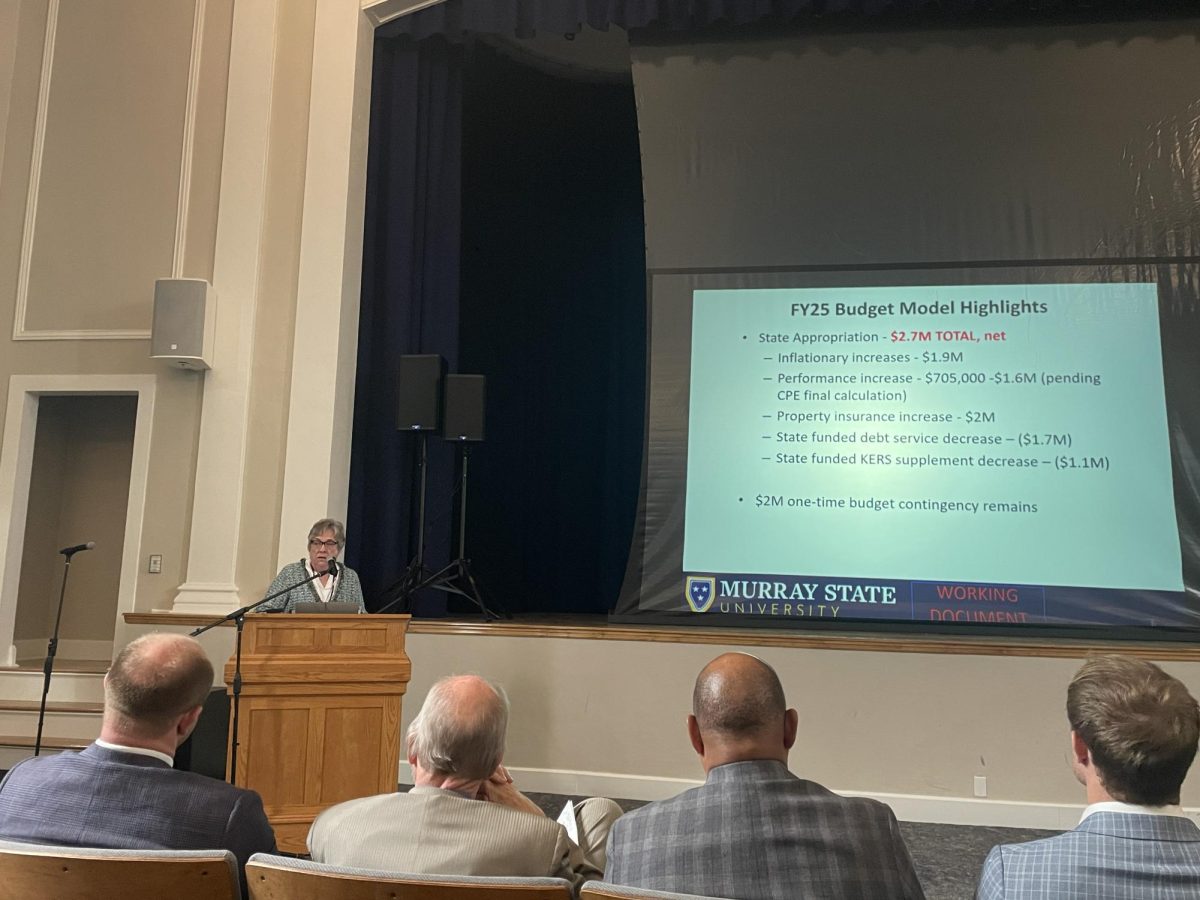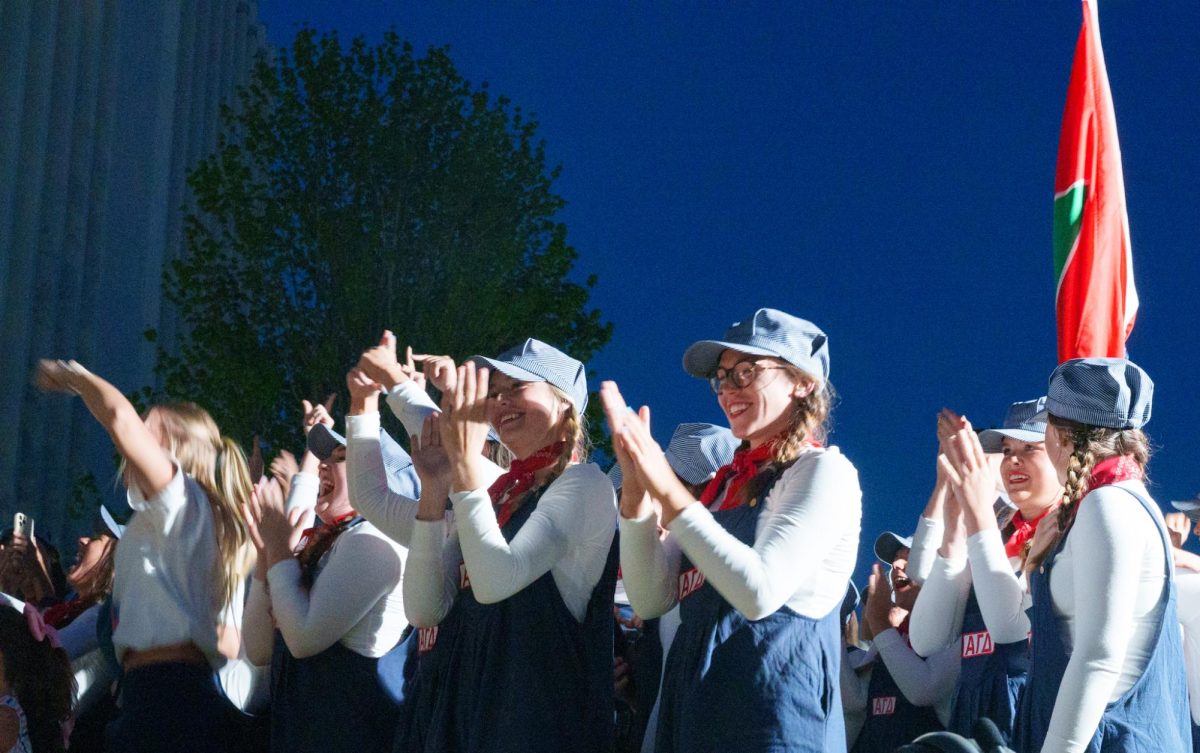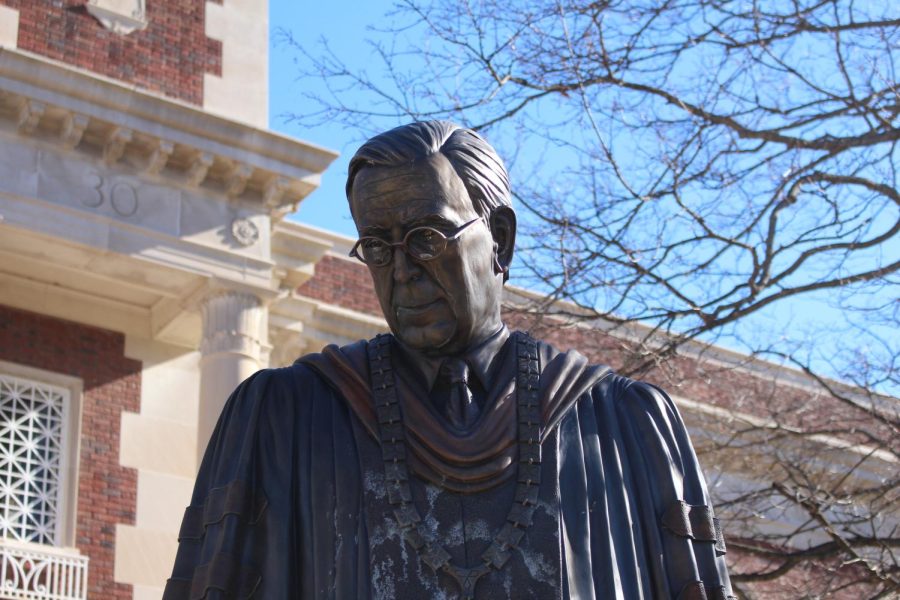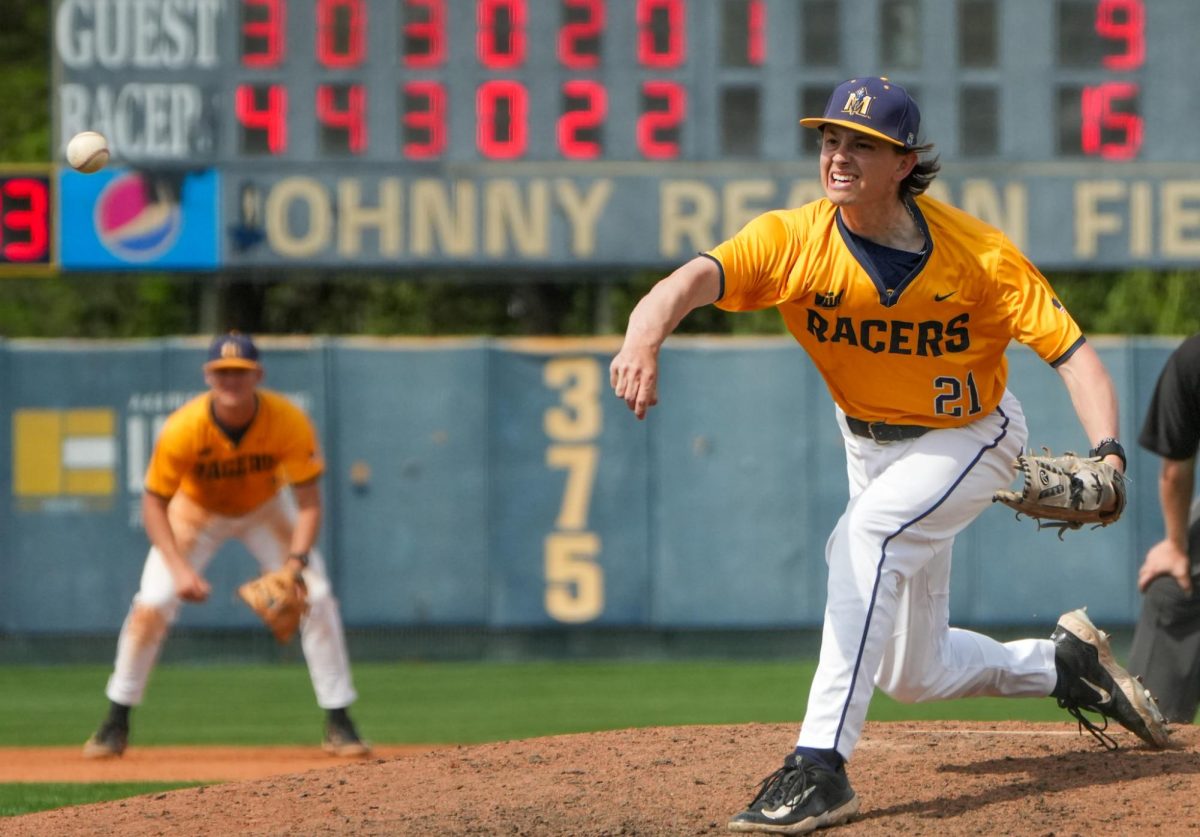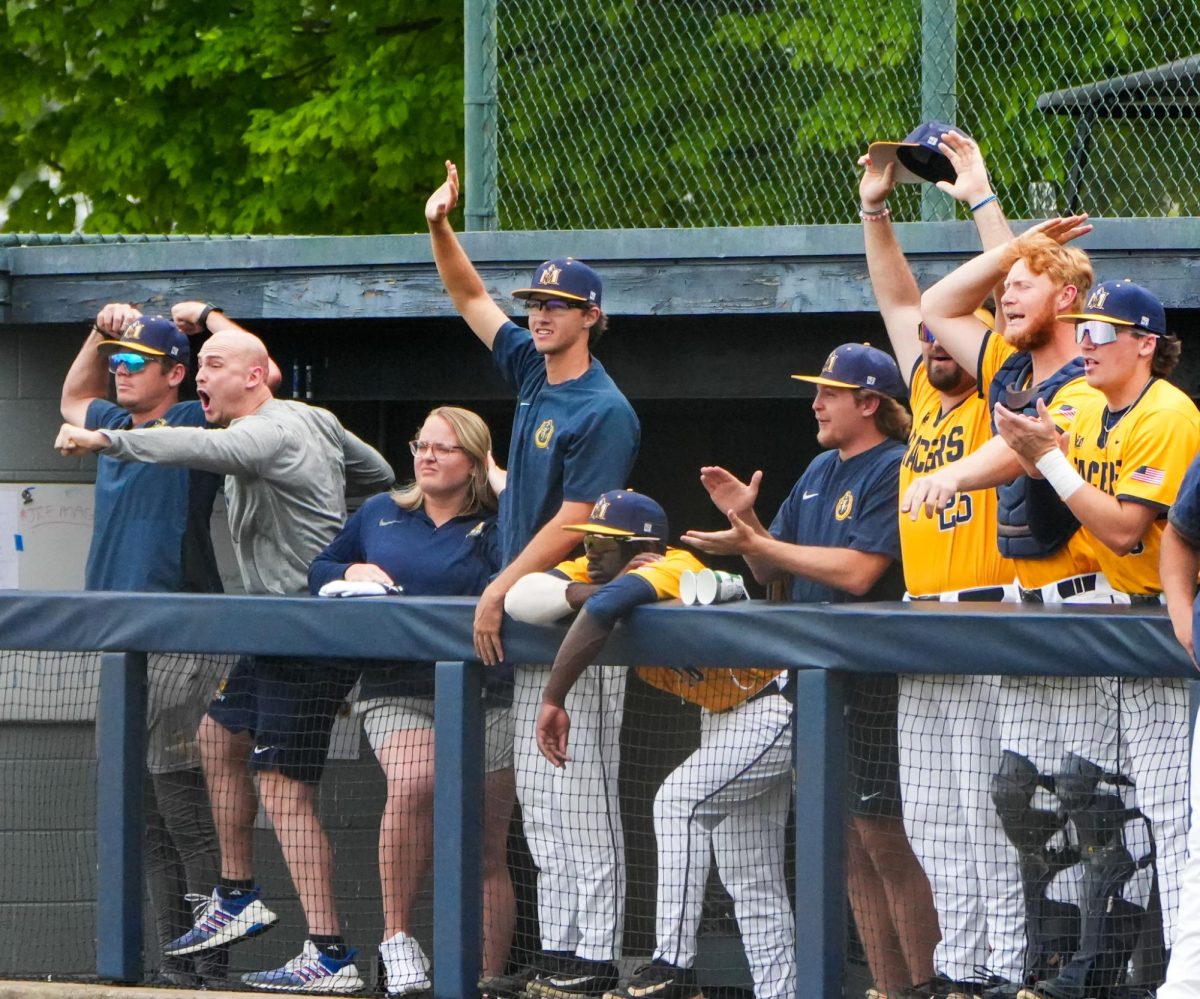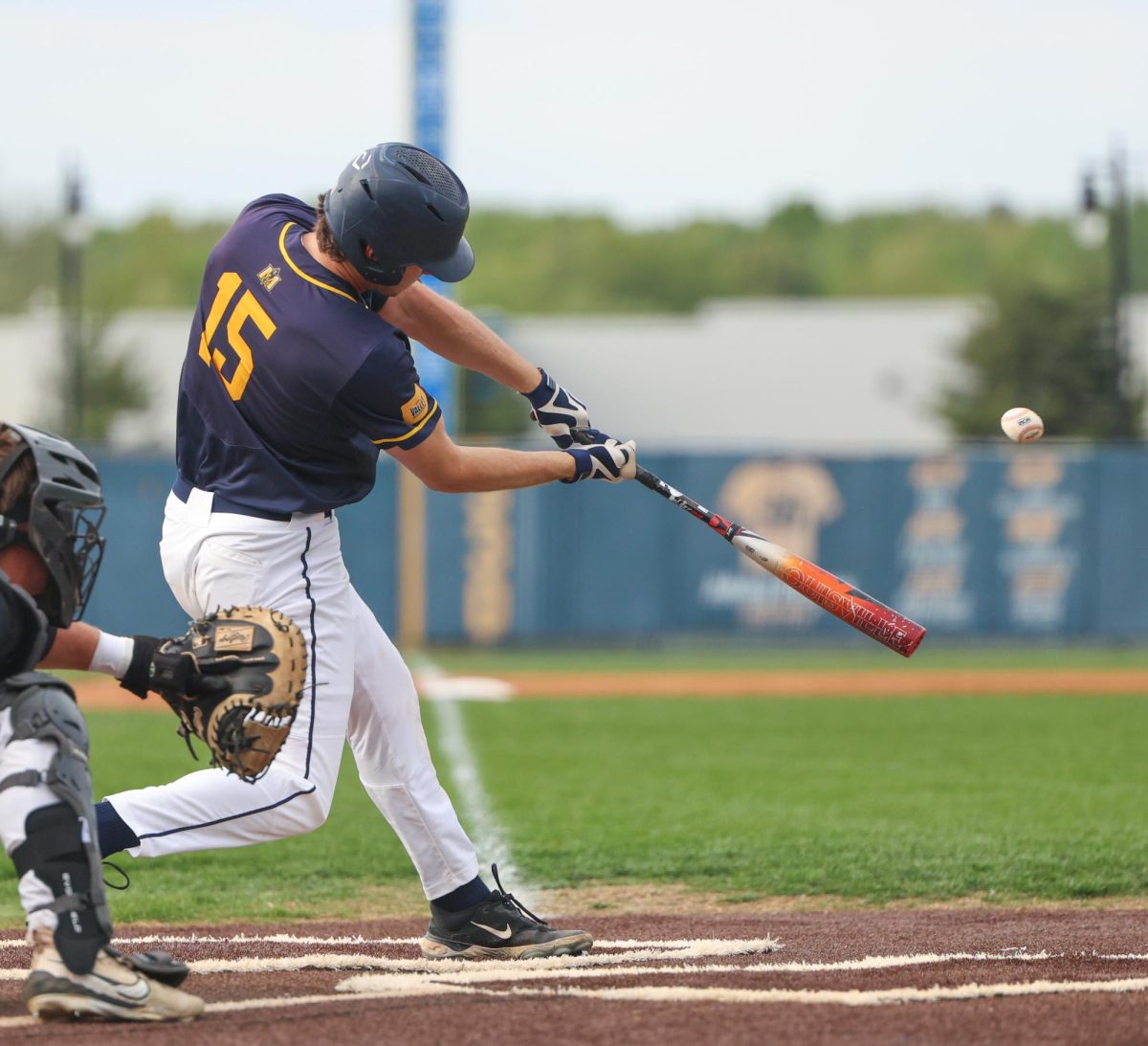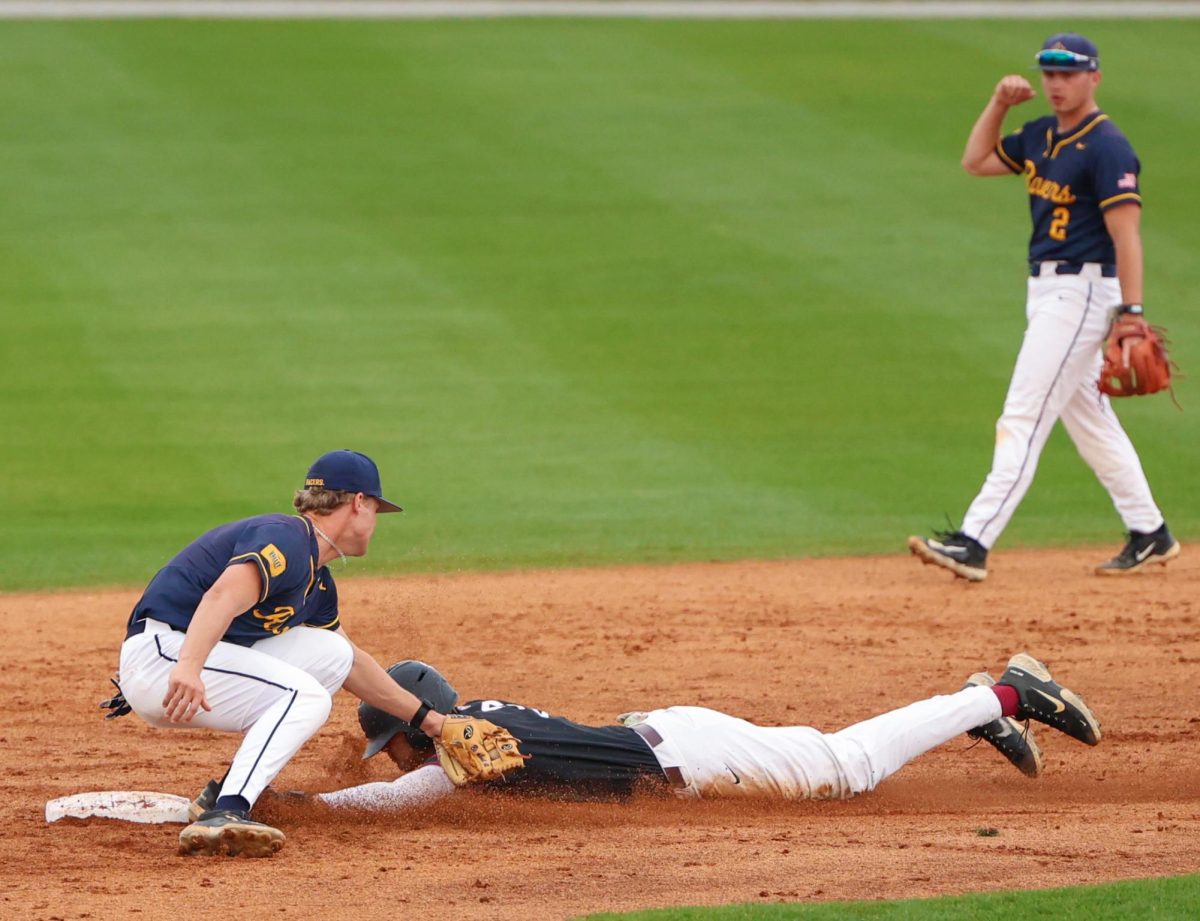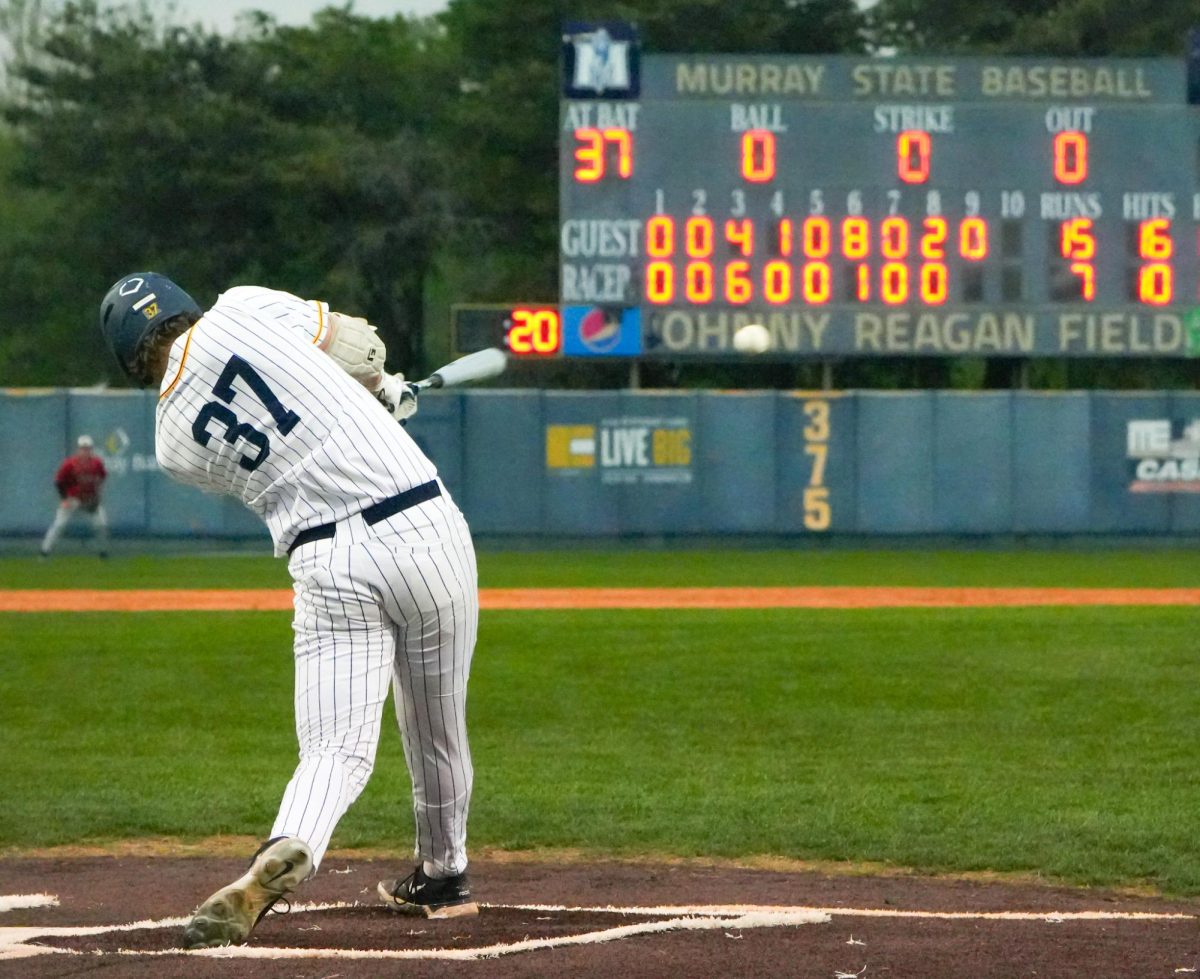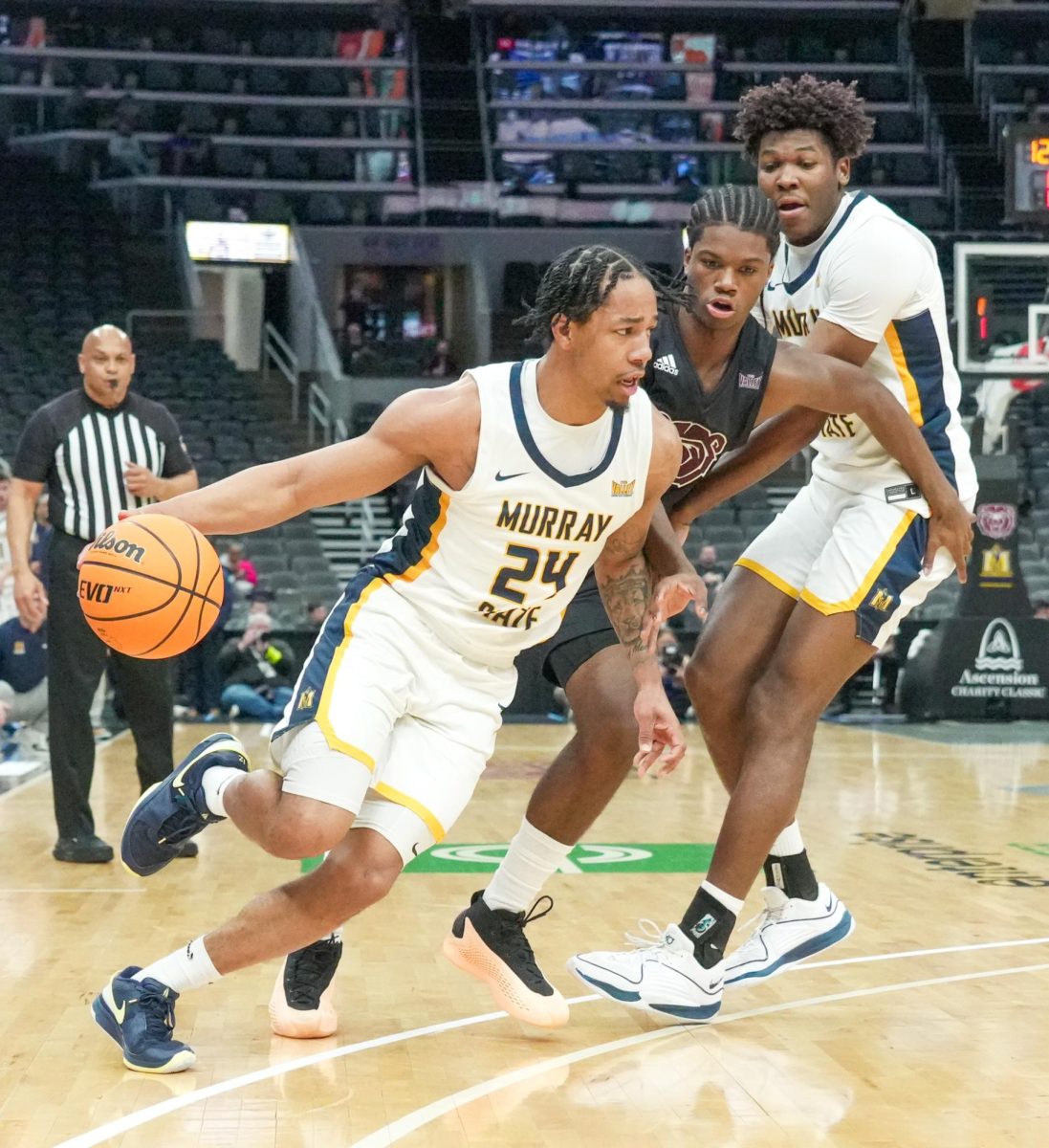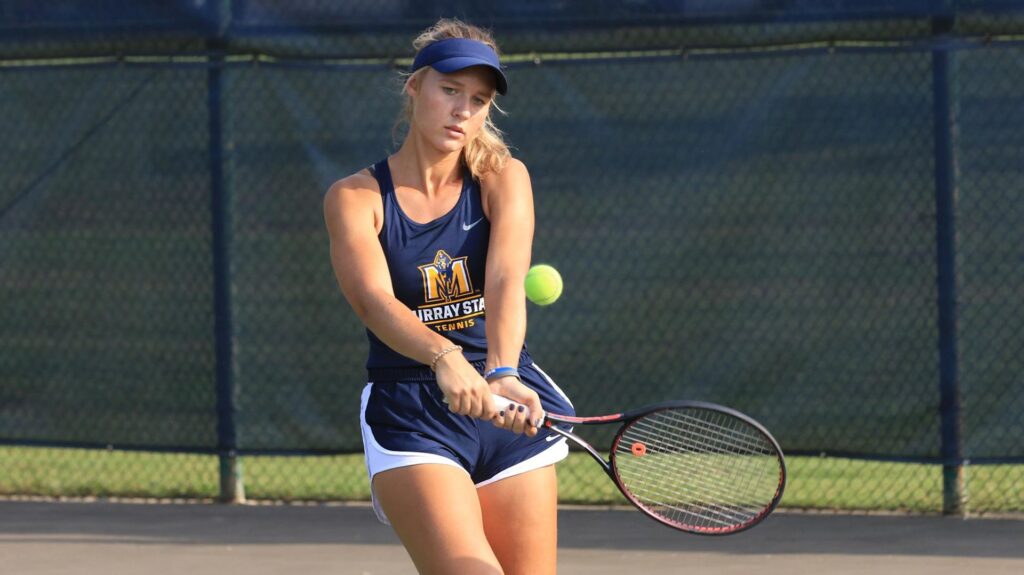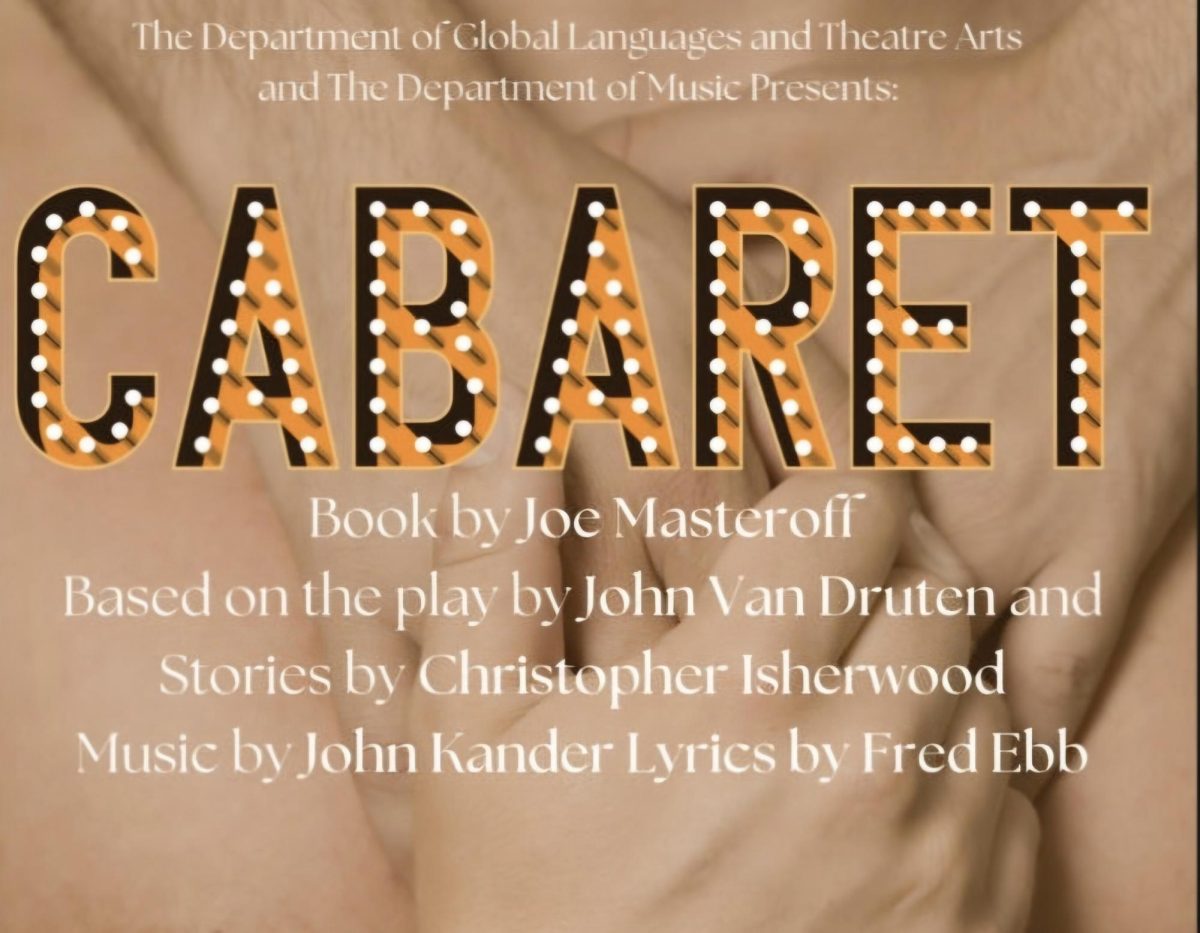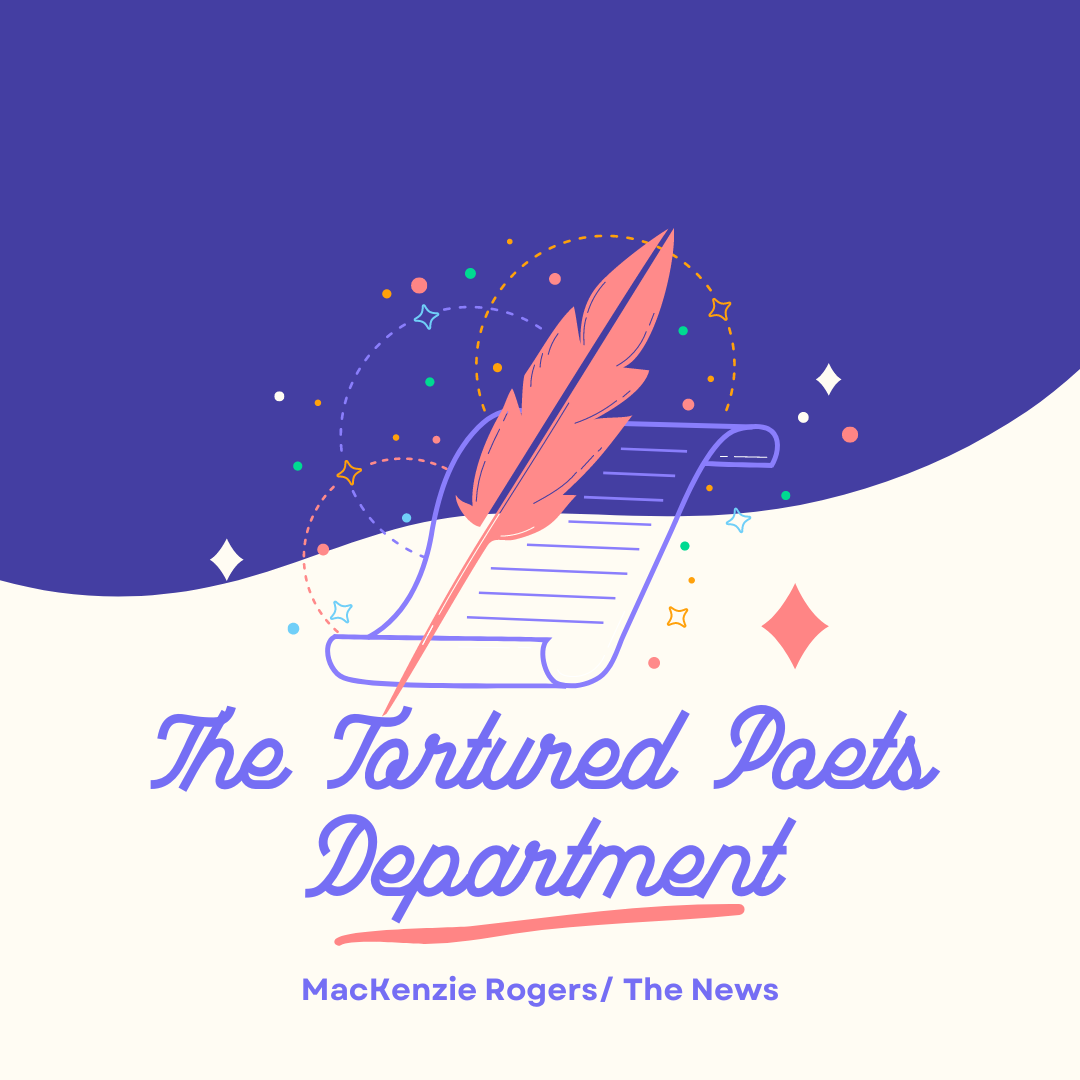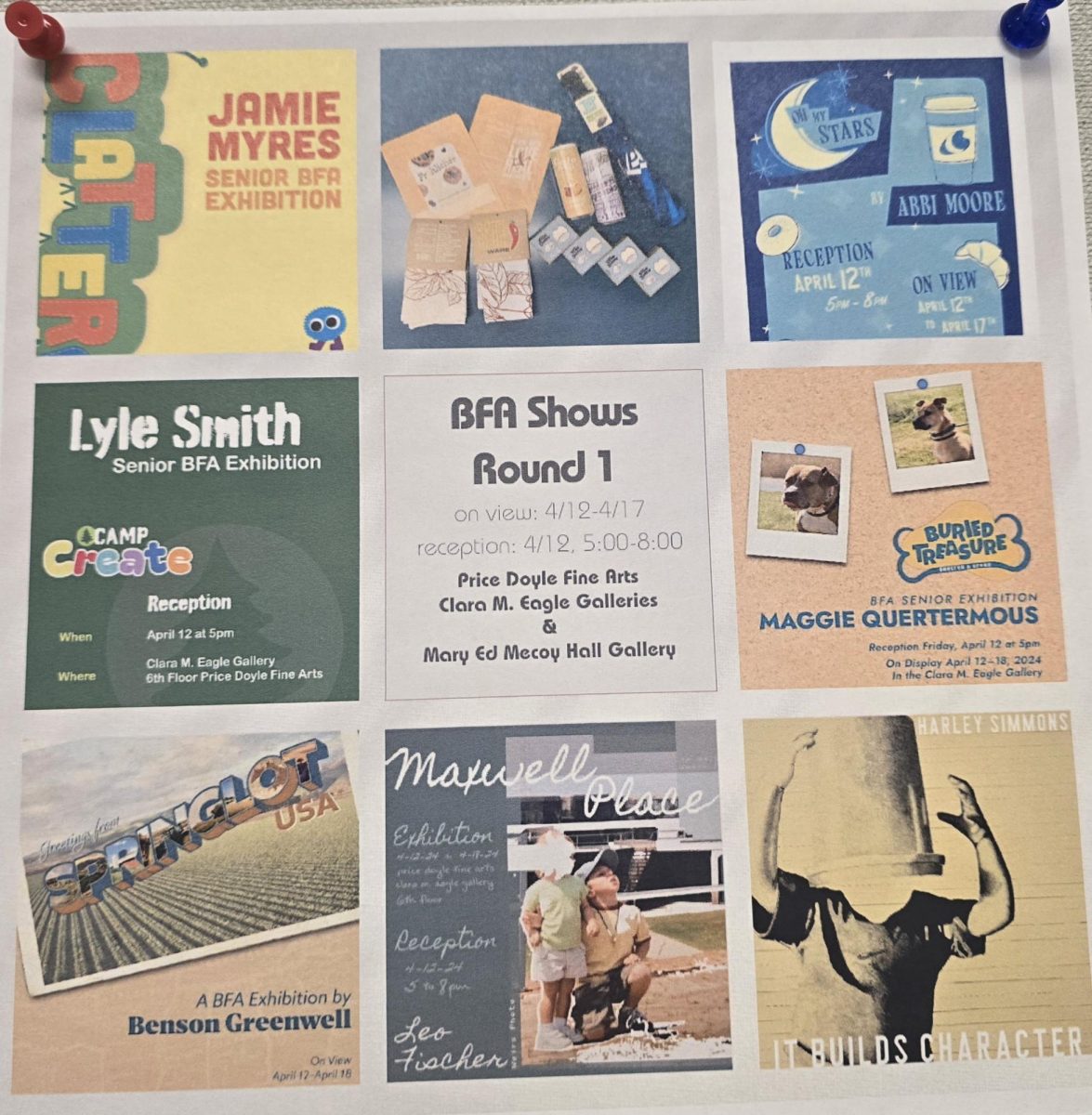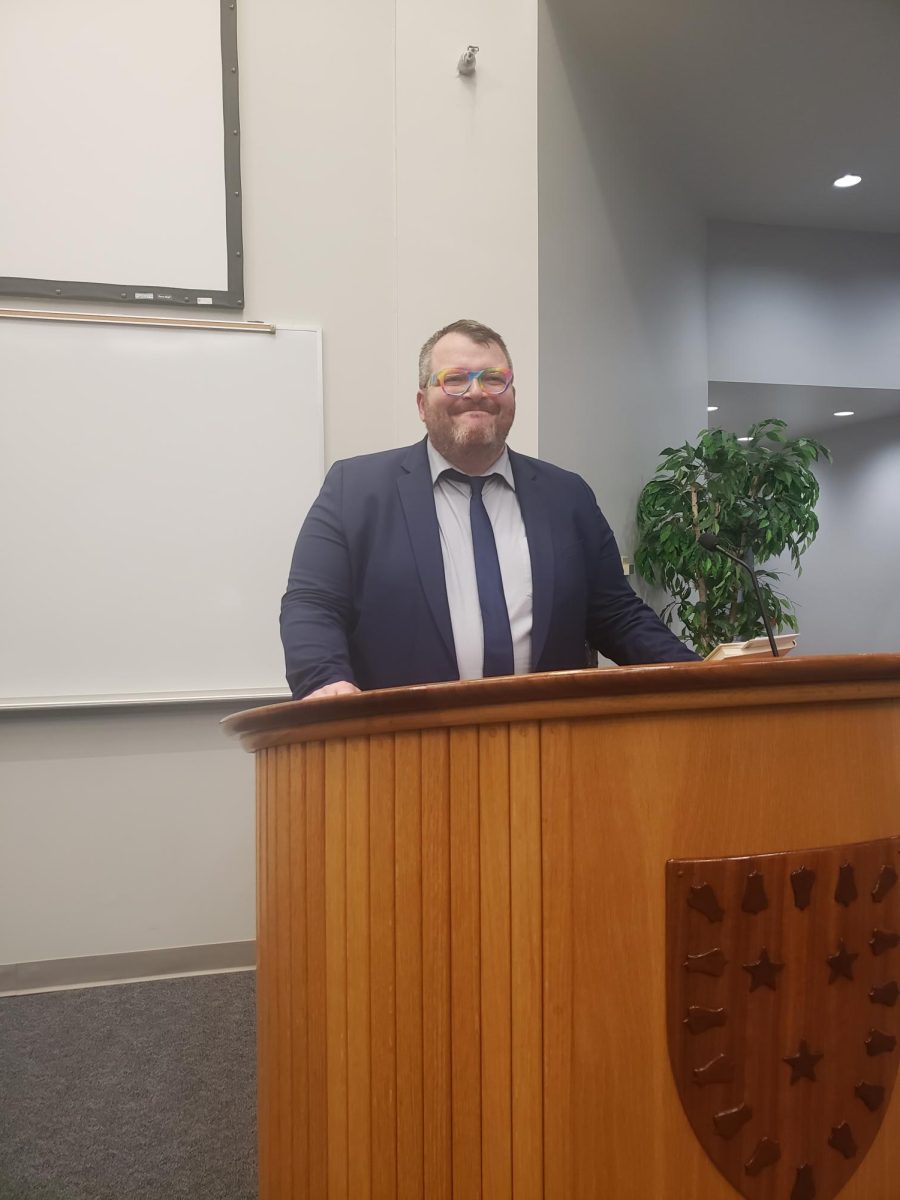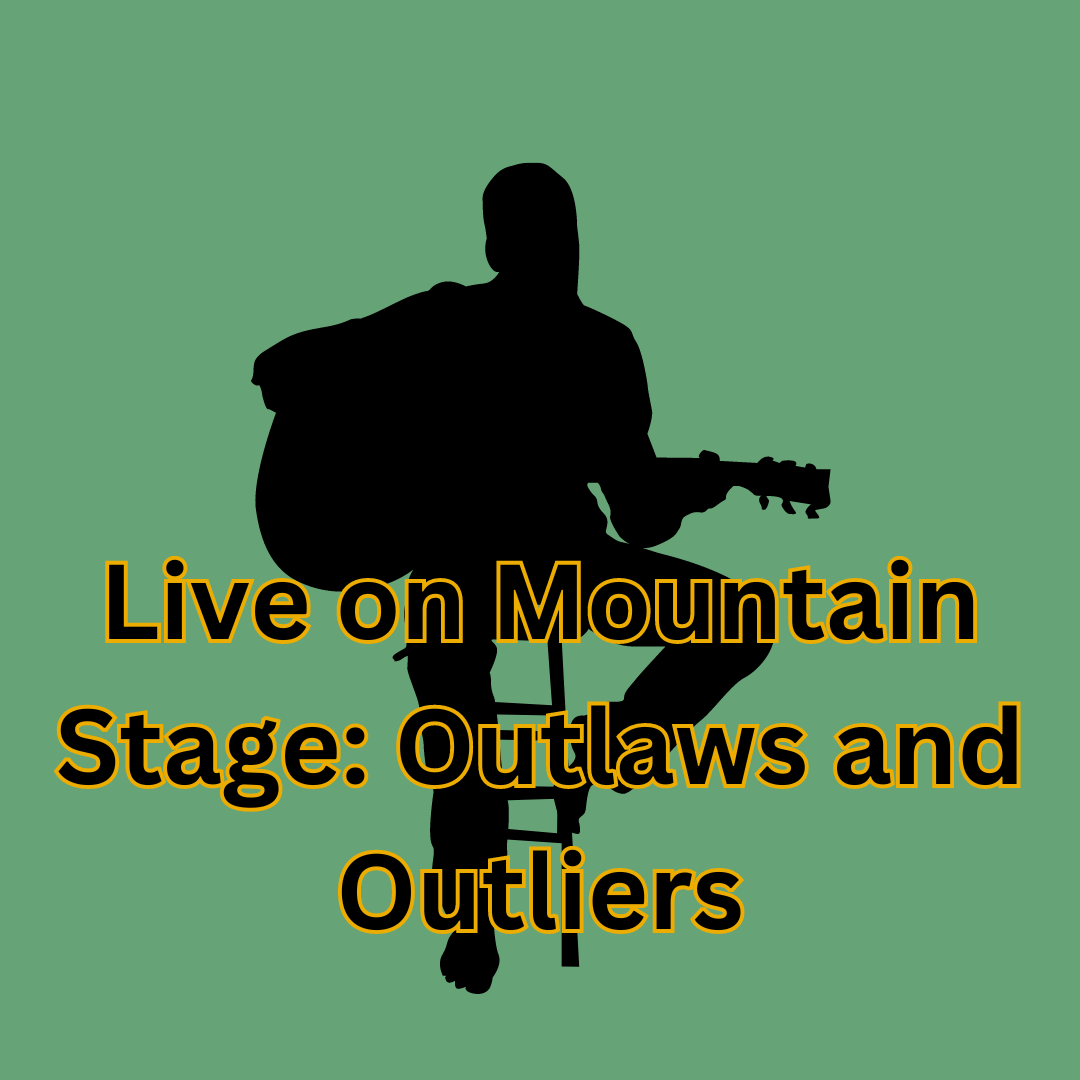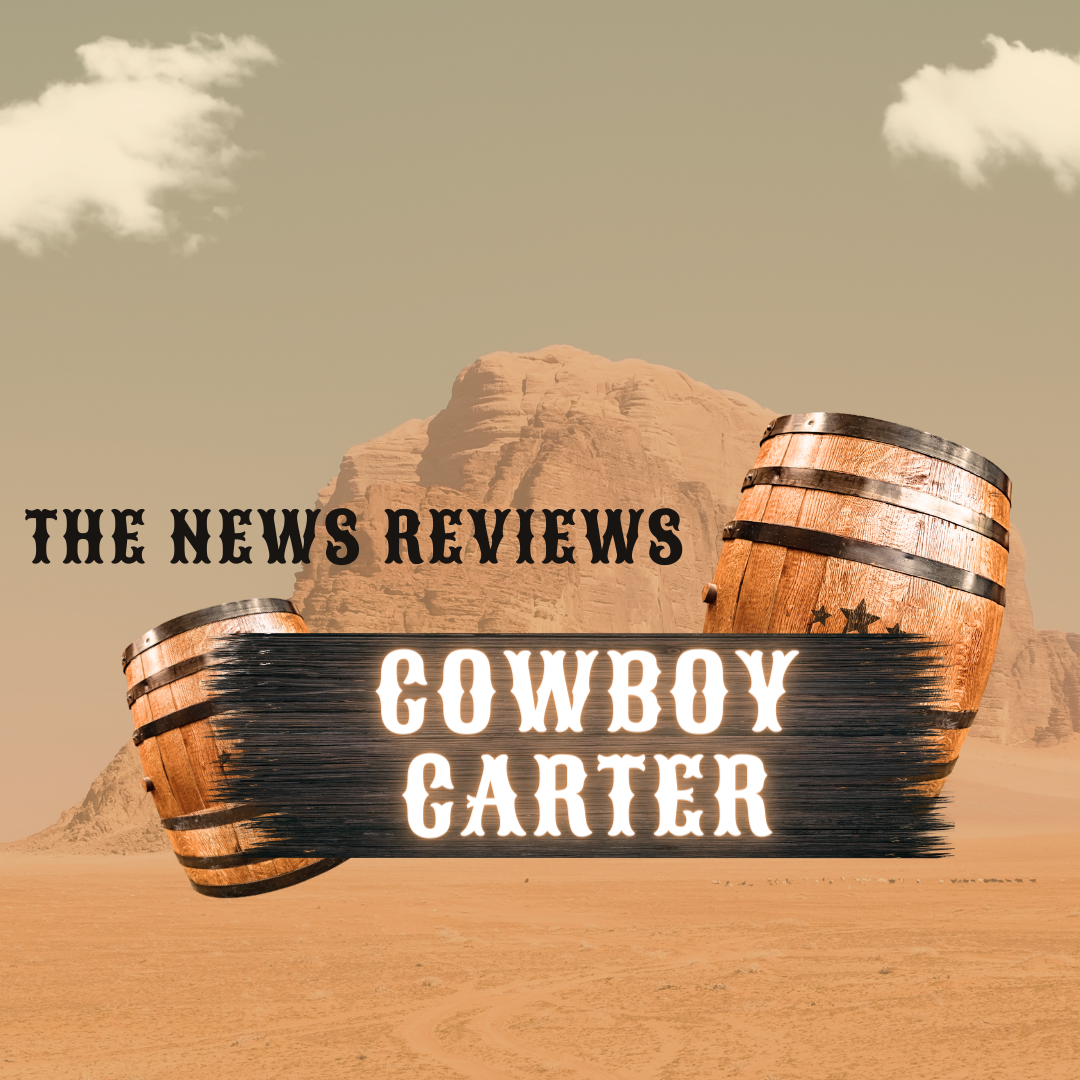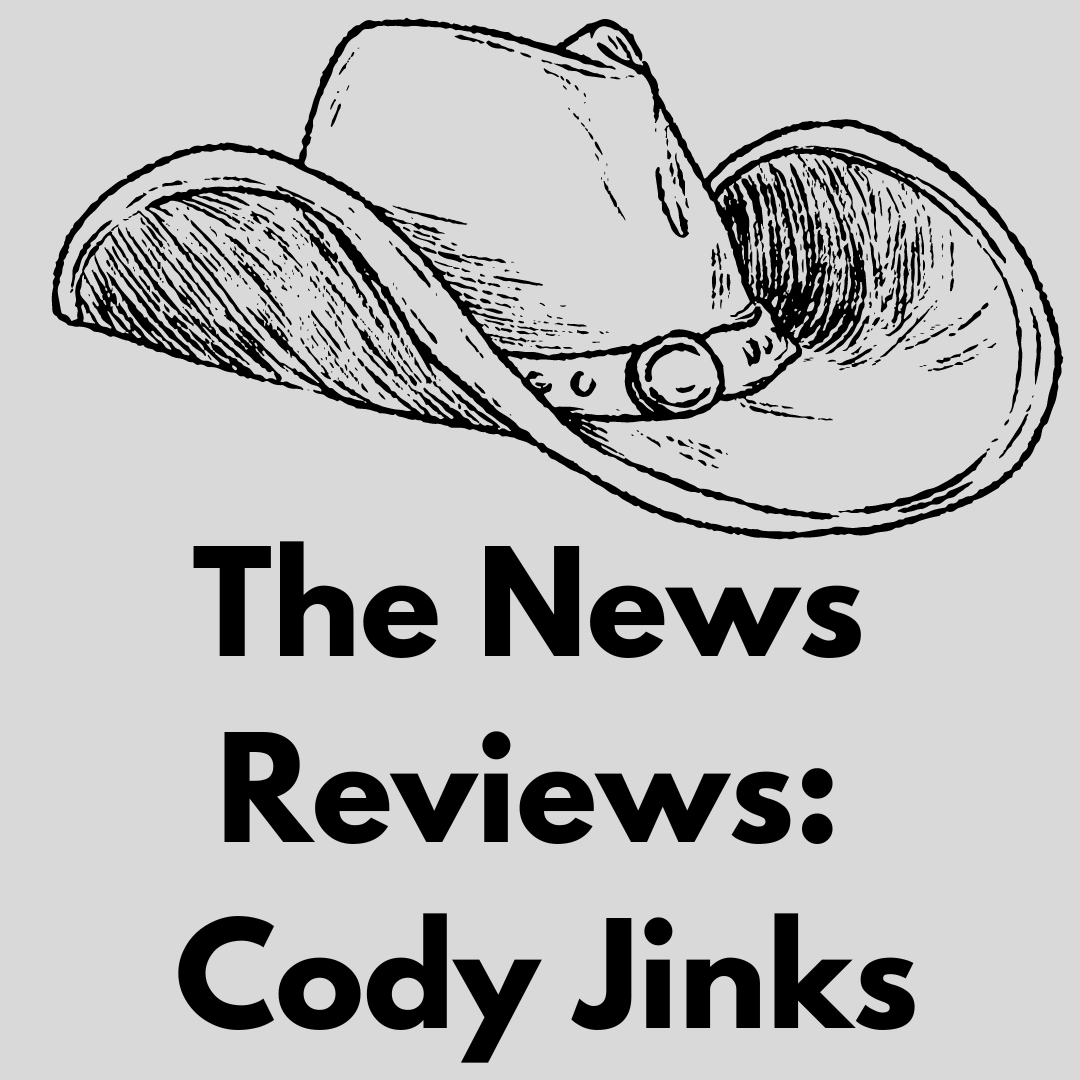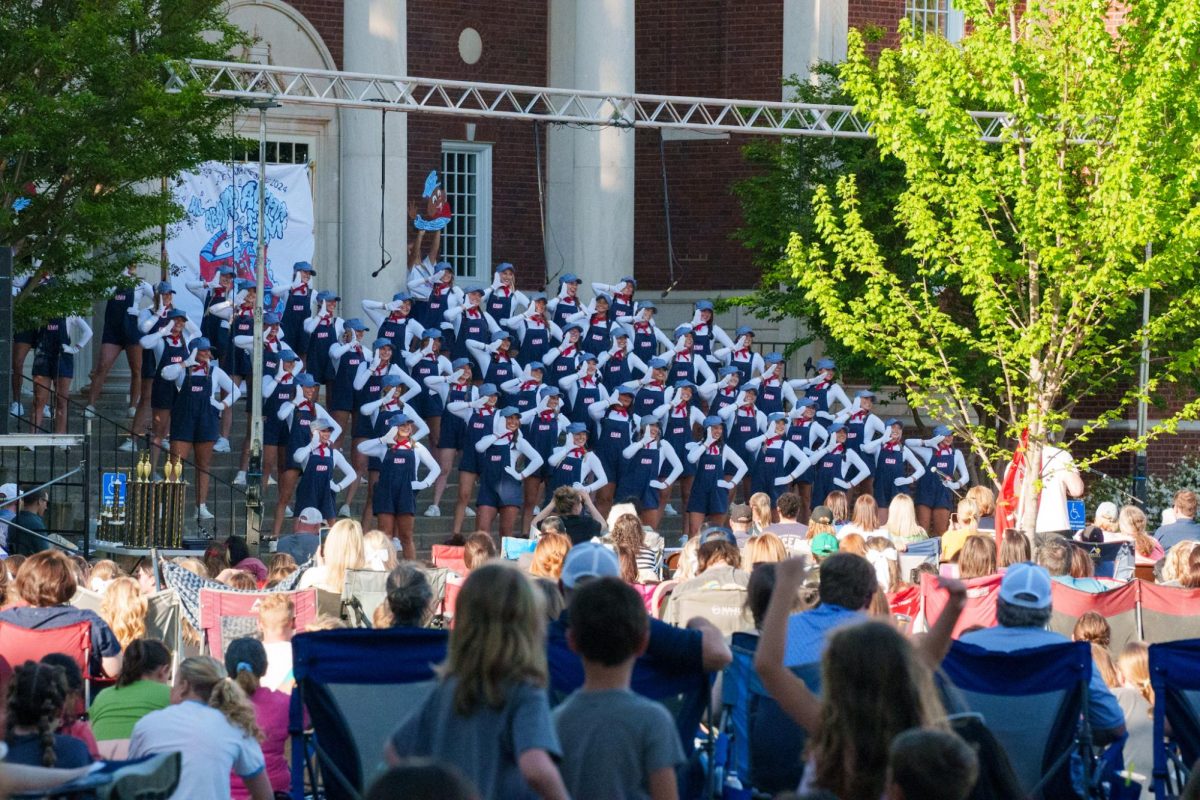Story by Brianna Willis, Assistant Features Editor
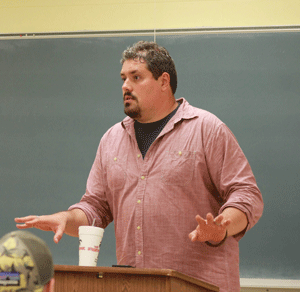
David Pizzo, associate professor of history, enlightens students on the Armenian Genocide.
A crowd of students, faculty and staff gathered in Faculty Hall to listen to David Pizzo, associate professor of history, give a presentation on the Armenian Genocide. As the desks filled, people began sitting on the floor or standing against the wall. Tracey Newport, senior from Mayfield, Kentucky, represented Amnesty International club, which advocates for human rights on campus. This club sponsored the event.
“We did one last year that did really well, and since this year is the 100th anniversary [of the Armenian Genocide], we decided to do it again,” Newport said. “We had a significantly higher turnout this year.”
Pizzo said he was shocked when he walked into the room and saw how many people had gathered. A combination of extra credit being offered and the 100th anniversary drew a large crowd.
Newport said he wanted to get more people involved on campus and bring information to people outside of the history department.
“Having events like this allows us to bring more awareness to situations like that,” he said.
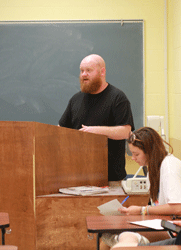
Tracey Newport representing the Amnesty International, who sponsored the event.
The Armenian Genocide is a controversial subject to discuss, as Turkey, where it occurred, has not officially recognized it as genocide and neither has the United States. Pizzo said this is because the U.S. is allied with Turkey. He presented some facts and a brief history of the Armenian Genocide and how it transpired and some of the outcomes.
What began on April 24, 1915 – escalated in 1916 and ultimately ended in 1917 – was the first act of genocide committed by Ottoman (Turkish) authorities. They gathered 250 Armenian intellectuals and leaders, arrested them and deported them from Istanbul to Ankara. Eventually, they were murdered, along with an estimated 800,000 to 1.5 million Armenian citizens. The government enacted death marches through the Syrian desert, as well as using gruesome tactics to eradicate the Armenian population.
What makes this so controversial, Pizzo said, is that Turkey states this was an act of war and not genocide. Pizzo said that once when he was teaching the Armenian Genocide in one of his courses, a Turkish roommate of one of his students came to class and argued with Pizzo.
“I basically wore him down over the period by using history and quotes from his own government officials,” Pizzo said. “The next time we met he brought three of his Turkish friends and students went back and forth with them.”
Pizzo said part of what makes the denial easier than for some of the other genocides is that many of the documents that clearly illustrate intent to remove Armenians through genocidal tactics are not available to Turkish citizens. Pizzo said that World War I was a critical moment in the formation of Turkey. He said it would be a damaging blow to Turkey’s national identity if the genocide was accepted as such. He said by presenting information those Turkish students had not heard before, he wore them down to the point of convincing the students that it ultimately did happen, but it was militarily necessary.
“That [militarily necessary] mindset is what the perpetrators believed,” Pizzo said.
The discussion portion veered away from strictly discussing the Armenian Genocide into questions about current events. Pizzo even discussed current drone strikes and modern warfare tactics with one of the students in the audience. Pizzo said “this took a weird turn,” but ultimately said he enjoyed talking about current events because they matter.
“I think universities in general are supposed to foster critical inquiry,” he said. “I am pretty blatant about saying you need to engage in reality and the present of what’s happening, otherwise what are we doing here?”


